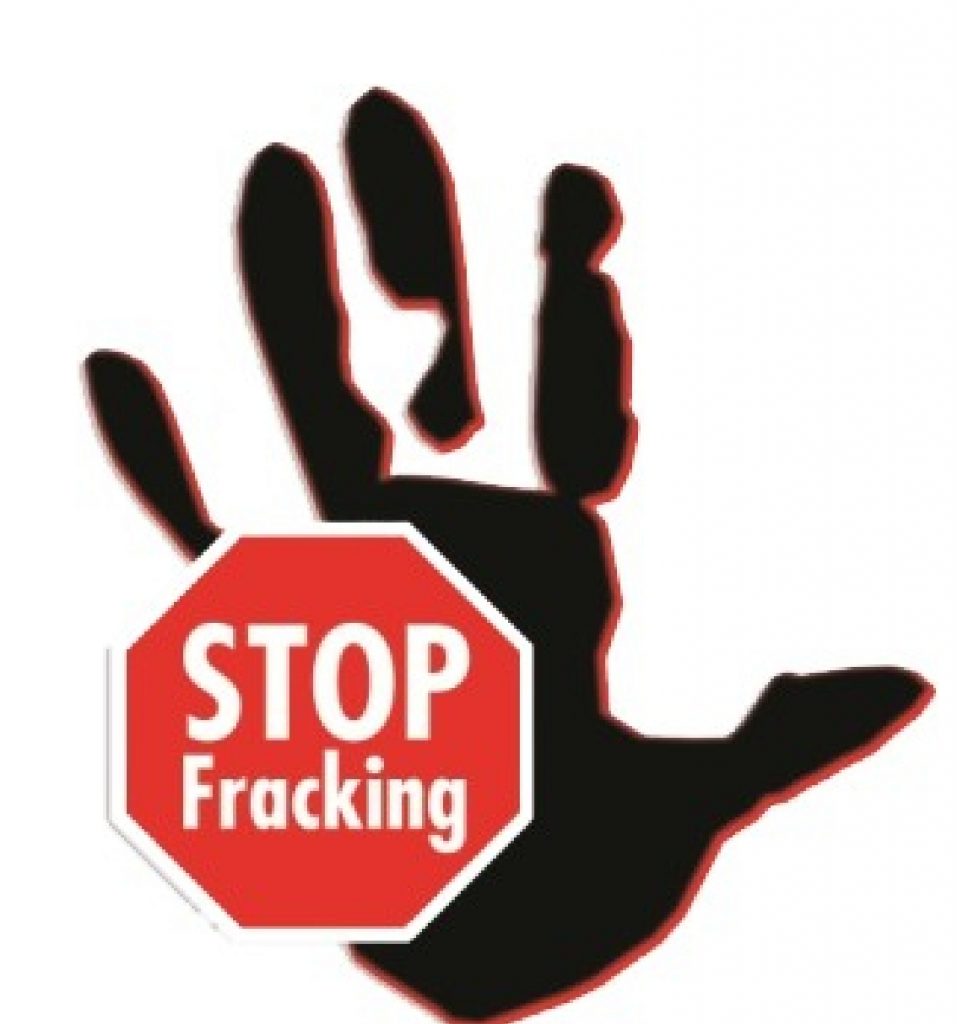
UNITED STATES-
The Advisory Committee on Social Witness Policy (ACSWP) of the Presbyterian Church (U.S.A.) was directed by the church’s 223rd General Assembly (2018) to develop a policy to respond to the impacts of climate change with individual and collective action.
A previous policy, “Restoring Creation for Ecology and Justice” (1990), called for the 1990’s to be the turnaround decade for creation. That did not happen. The current report calls for recommitting to a turnaround decade now. But not only the turnaround decade outlined in 1990. Any policy needs to be intentional about addressing the intersection of environmental, economic and racial justice.
The church’s Office of Public Witness, which advocates on behalf of the church in Washington, D.C., can only advocate on issues that the General Assembly of the PCUSA has approved. Here are some of the policies that can now be used by the church in its advocacy:
- Acknowledge that pollution in specific communities is a systemic problem.
- Stop fracking and other fossil fuel extraction that endangers local communities.
- Halt construction of fossil fuel pipelines.
- Ensure toxic waste sites and other environmental hazards are not located near people’s homes.
- Ensure that those affected by environmental racism provide leadership in the movement shaping solutions.
- Support regulations that reduce air pollution that disproportionately affects environmental justice communities.
- Acknowledge that women bear the economic brunt of many climate impacts.
- Recognize that Indigenous Peoples have been particularly harmed by environmental racism.
This policy report is meant to be inspirational and aspirational. We lament what climate change is doing to our world. But we can hope that we will make a difference in realizing the hope of a more just, restored and sustainable world.
